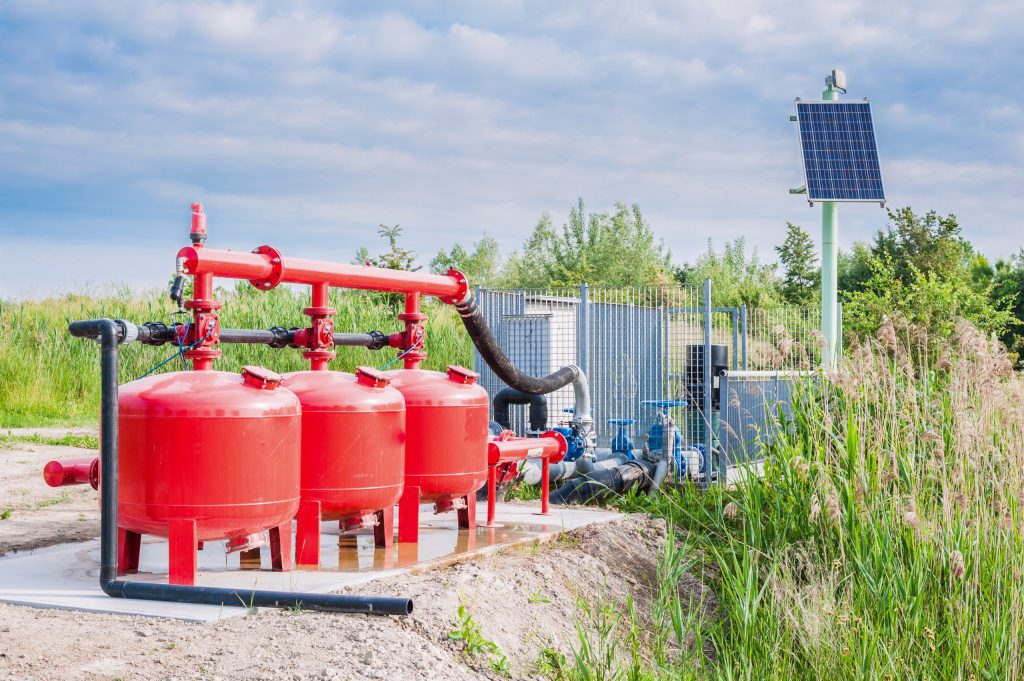Choosing the right water pump is crucial for ensuring a steady and reliable water supply for your home, farm, or business. With rising fuel costs and growing concerns about sustainability, many people are debating between solar-powered water pumps and diesel-powered water pumps. Both options have their advantages, but which one is the best fit for your needs?
At Waterlift Solar, we specialize in solar-powered water solutions, offering eco-friendly and cost-effective alternatives to traditional diesel pumps. In this article, we’ll break down the key differences between solar and diesel water pumps to help you make an informed decision.
How Do Solar and Diesel Water Pumps Work?
Solar Water Pumps: These pumps use solar panels to convert sunlight into electricity, which powers a pump to move water from underground sources. They are ideal for locations with ample sunlight and where access to electricity or fuel is limited.
Diesel Water Pumps: These pumps rely on diesel engines to generate power for pumping water. They are commonly used in areas where electricity is unavailable or where immediate high-power pumping is required.
Comparing Solar and Diesel Water Pumps
-
Cost Comparison
Solar Pumps: While the initial investment in a solar system is higher, the long-term costs are significantly lower since sunlight is free. Once installed, solar pumps have minimal operating expenses.
Diesel Pumps: Diesel pumps have a lower upfront cost, but they require continuous fuel purchases, leading to high long-term expenses. The fluctuating price of diesel also makes budgeting unpredictable.
-
Maintenance and Durability
Solar Pumps: Require little to no maintenance, as they have fewer moving parts and do not rely on fuel or lubricants. This reduces breakdowns and extends lifespan.
Diesel Pumps: Need regular maintenance, including oil changes, filter replacements, and engine repairs. Poor maintenance can lead to frequent breakdowns and additional repair costs.
-
Efficiency and Performance
Solar Pumps: Work best in sunny climates and are ideal for continuous water supply, such as irrigation, livestock farming, and community water projects. Battery storage or hybrid systems can be used to ensure pumping during cloudy days.
Diesel Pumps: Provide instant high power, making them suitable for heavy-duty water pumping tasks. However, their performance depends on fuel availability and engine efficiency.
-
Environmental Impact
Solar Pumps: 100% eco-friendly, using renewable solar energy without emitting harmful gases. They contribute to sustainability efforts and carbon footprint reduction.
Diesel Pumps: Emit carbon dioxide (CO₂) and other pollutants, contributing to environmental degradation and climate change. Diesel spills can also contaminate water sources.
-
Suitability for Different Applications
Solar Pumps: Best for remote areas, farms, boreholes, and long-term water supply solutions.
Diesel Pumps: Suitable for emergency water pumping, construction sites, and short-term heavy-duty applications.
If you want a cost-effective, low-maintenance, and environmentally friendly solution, solar water pumps are the best choice. They are perfect for long-term use, especially in areas with high solar exposure.
On the other hand, if you need a high-power, short-term solution and can manage fuel costs, a diesel pump may work for you—though it comes with higher maintenance and environmental drawbacks.
Why Choose Waterlift Solar?
At Waterlift Solar, we provide high-quality solar-powered water pumps tailored to your needs. Our solar solutions ensure a sustainable, cost-effective, and reliable water supply for homes, farms, and businesses.
Make the switch to solar today! Contact Waterlift Solar for expert advice and installation services.
